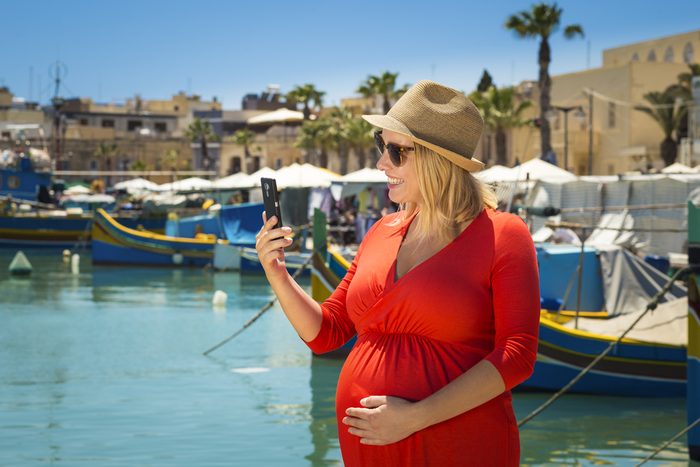
Is Travelling During Pregnancy Safe?
Babymoons are a great way to soak some much needed rest and relaxation before your new arrival gets here. Provided your pregnancy is normal, going to faraway places is perfectly possible. However, discomforts such as extreme heat, high altitude, and makeshift accommodations may be less tolerable, and in some cases may compromise the safety of your baby. Here’s what all expectant mama’s need to know about travelling during pregnancy.
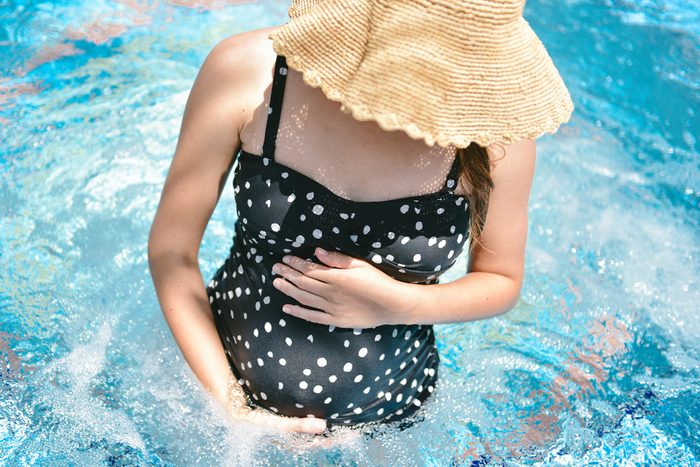
Find The Best Time To Travel
In the first trimester, you may find that morning sickness and fatigue lessen your enthusiasm for travel. Most women feel their best in the second trimester, which is good because it’s also the safest time to travel since your risk of miscarriage is low. Additionally, your energy levels are higher, and your due date is still far away.
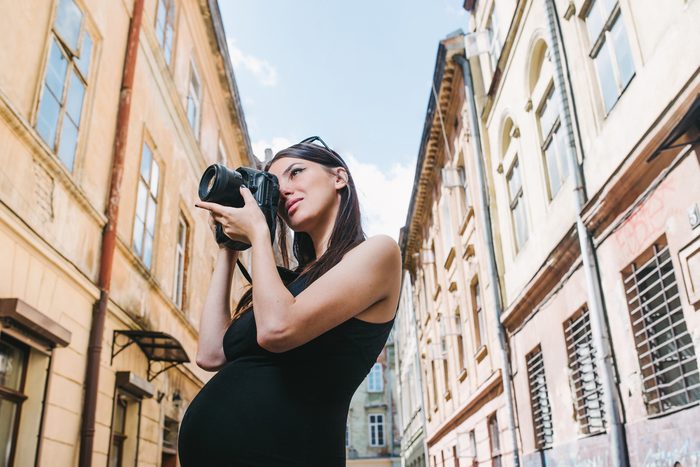
Don’t Book Spontaneously
A little extra planning is the key to successful travel in pregnancy. However tempting brochures look, think carefully before you book. How will you get there and how long will it take? Pregnancy adds to the stress of a long-haul trip. If you want to fly, check with the airline about its policy.Some airline require a current letter from your doctor that confirms your due date and your fitness to fly after 36 weeks. This is largely because of the possibility of going into labour mid-flight.
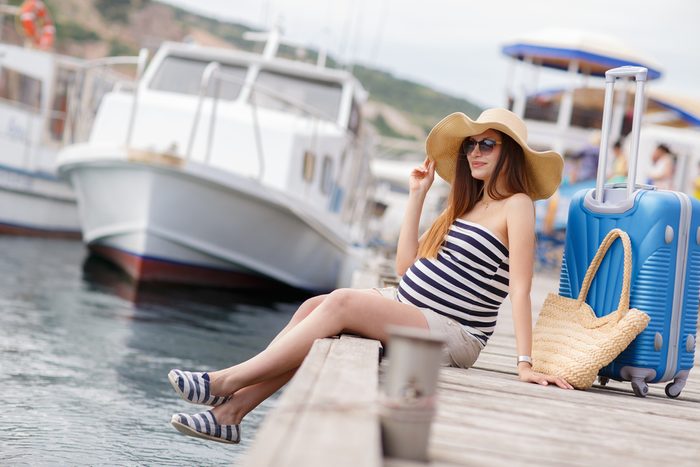
Select a Safe Destination
Unless you have no choice, avoid visiting countries where disease is a high risk factor. Many doctors agree that protective drugs, such as certain vaccines and antimalarial pills, are not advisable in pregnancy or when trying to conceive.
Do your research and look up your destination’s health hazards and local hospitals. And if you have a condition could cause complications, like diabetes, make sure you can get treatment while away. Before travelling in pregnancy, try to get travel insurance. However, some companies consider pregnancy a preexisting condition and won’t provide coverage for your trip.
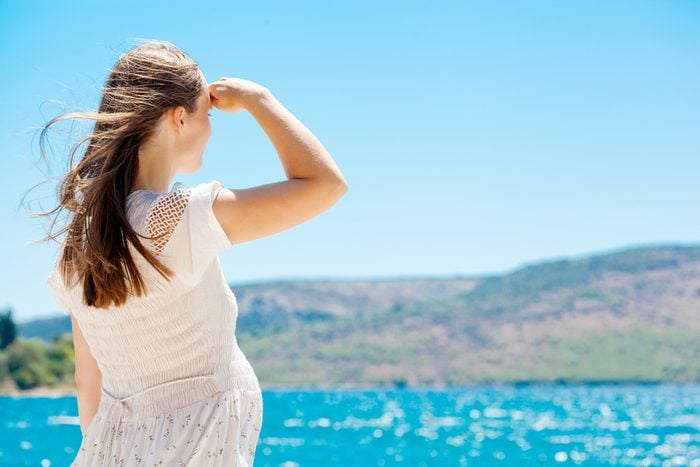
Be Extra Careful With Water Contamination
Pregnancy reduces the efficiency of your immune system, increasing your risk of an infection. When you’re travelling, you’re at a higher risk for ‘stomach bugs’ caused by contaminated food and water.
If you’re unsure about local tap water, buy bottled water (make sure the seal is unbroken) and use it when brushing your teeth as well as for drinking. Avoid drinks with ice and don’t eat salads or fruit you can’t peel since they may have been washed in contaminated water.
On that same note, skip outdoor stalls or cafés where food might have been prepared hours in advance. Try to find restaurants where food is freshly cooked and standards seem high. Be scrupulous about hygiene, and carry moist wipes in case hand-washing facilities are inadequate.
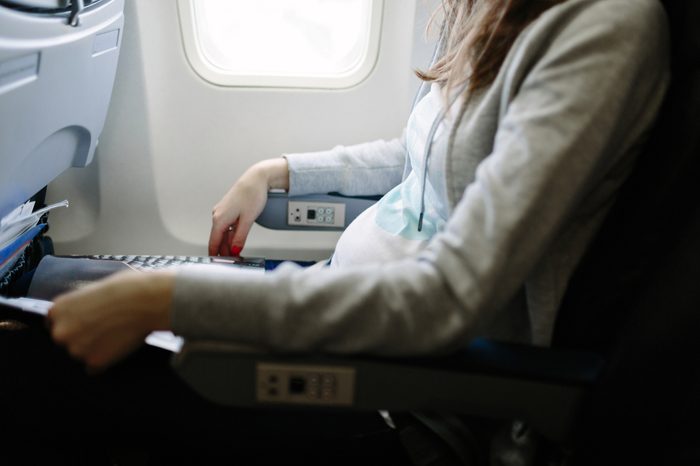
Travel Comfortably
Sitting in a cramped seat for hours can cause your ankles and feet to swell. If you’re travelling by car, stop every hour to stretch your legs, have a snack, or find a bathroom. If you’re travelling by train or airplane, keep your circulation moving with foot and ankle exercises, and get up regularly to walk down the aisle when it’s safe to do so.
Stay hydrated by drinking lots of water or juice, even if you do need to empty your bladder frequently. A few comforts, such as a cushion to tuck behind your back or a cooling water spritzer, can make a trip more bearable.
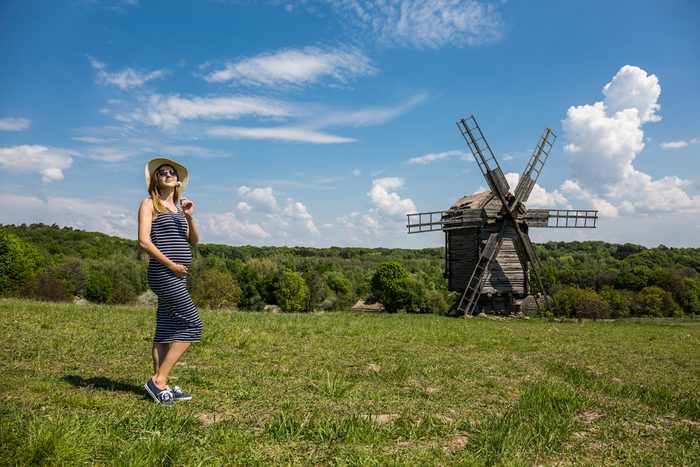
Select Safe Vacation Activities
There are some activities to forgo in pregnancy, such as water skiing or horse riding, where a fall could harm your baby. Scuba diving is particularly dangerous because of the risk of air bubbles forming in the bloodstream. If you have children, ignore pleas to join them on amusement park rides. It’s important to remember that during pregnancy, your skin becomes more sensitive to the sun, so whatever you’re doing, be careful to protect against overexposure to direct sunlight.
If you’re used to exercising, there is no reason not to go swimming or walking. Just don’t overdo it! Hiking up hills under a blazing sun could send your temperature soaring, which is a bad thing in pregnancy. In the first trimester especially, extreme heat can affect fetal development. You might also become dehydrated, which later on can increase the risk of premature labour.
Be cautious also about less energetic activities. Hot tubs and saunas are best avoided since the heat could make you feel faint and may be harmful to your baby. An aromatherapy massage sounds like a treat, but some oils may be toxic to the baby, especially in the early months. If you want pampering, look for spas with treatments for pregnant moms.
Source: Excerpted from Pregnancy Day By Day, copyright 2010 DK Publishing.
